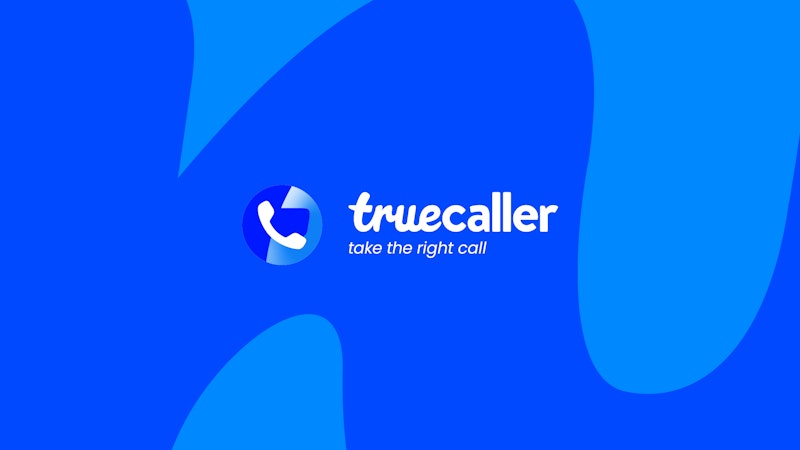
What To Do If You Fall For a Scam
Lindsey LaMont
Apr 8, 20212 min read
The digital era is thriving, and everyone seems to be getting online. With the rapid development of technology, many people also are going smartphone first instead of having a landline phone or a non-smart phone option. This means there are more opportunities for unwanted calls and even scams to catch you when you least expect it.
1. Realizing you fell for a phone scam
If you believe to have fallen for a scam, you aren’t alone. In our 2020 Scam Report, 1 in 3 Americans reported having fallen for a scam, and around 56 million reported losing money due to these scams. Did you feel the call was a bit weird? Something was off? Or maybe it was too good to be true. You’re obviously reading this because you realized you could now be a victim.
2. Cancel your credit card
If you gave your debit or credit card information, call your bank immediately to report potential fraud. Also, watch your bank accounts and even digital wallets in case there are suspicious charges
3. Research the phone number
A phone number isn’t a mystery anymore. There are many sources to tell you who the number belongs to. For one, use the Truecaller app for free to look up the name of the phone number. Your results will give you more information if other people have reported this number on Truecaller like how many times they’ve been reported, the time of day they call, or the frequency of calls. Our website is also available for free number lookups.
Truecaller also provides verified badges to help understand if the number has a ‘true name.’ We suggest being wary of the number if there is not a Verified Badge or a Verified Business Badge on the profile.
4. Call your authorities or government organizations
In the U.S., you can report scams to the Federal Communication Commission (FCC), and many countries have equivalent government programs for reporting. However, if this is not an option, call the police to report a number.
How to prevent being scammed
- Never give away sensitive information. Not your tax number, your social security, passwords, computer access, your address, your bank account, your parents’ names, etc. Real companies will most likely never ask for this information, so always be cautious if you are being asked to give it.
- Be careful of ‘One Ring Scams’. This is where unknown numbers call and the hang up. If you call back, your telecom bill will be charged Premium rates – which is the scam.

Lindsey LaMont
Apr 8, 20212 min read


